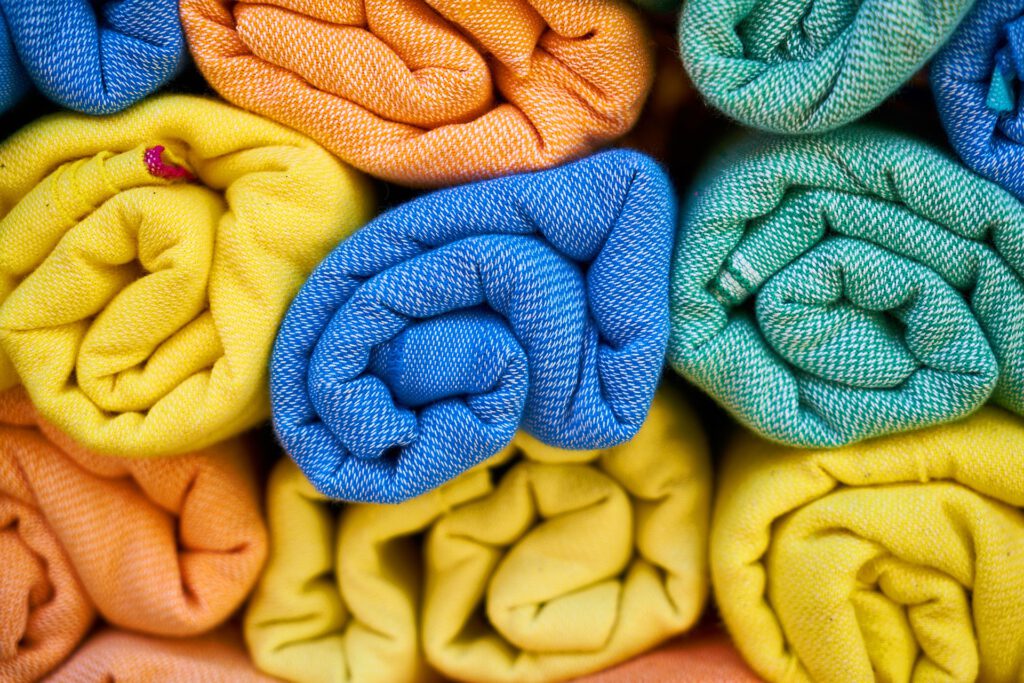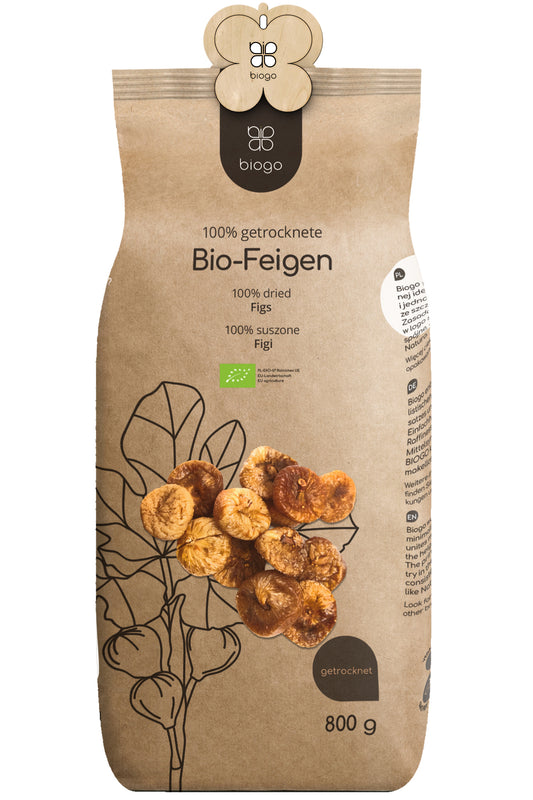Eco-friendly clothing: Which materials are truly environmentally friendly?
Although we're becoming increasingly conscious consumers, trying to live ecologically and thinking more and more about what's good and what's bad for the environment, eliminating plastic packaging in the kitchen and when shopping, using reusable straws, bags, etc., we're willing to wear plastic the hard way. Synthetic fabrics—polyester, spandex, polyamide, acrylic, and nylon—remain the most popular in the clothing market. They're produced during the processing of crude oil.
Up to 60% of the clothing available in our stores is made from synthetic fabrics that aren't recyclable, and the synthetic material can take up to 200 years to decompose. We think we've thrown our worn-out clothes in the trash, when in reality, they remain in the environment for a very long time. Textiles occupy 5% of landfills. Washing synthetic materials creates plastic particles, so-called microplastics, that enter the environment with water. Furthermore, synthetic fabrics don't allow air to pass through, leaving our skin to simply boil inside.
At first glance, the best solution seems to be cotton clothing. However, this is only partially true. Cotton is indeed a natural material, definitely recyclable, and decomposes faster than synthetic materials. It's also healthy for our skin. However, not everyone knows that growing cotton requires enormous amounts of water and an equally large amount of fertilizers, insecticides, and pesticides. In terms of water consumption, it ranks third after rice and wheat. There's even a case where the world's fourth-largest Aral Sea (about 70 m²) dried up when water was extracted from it to support cotton plantations. The effects of this ecological and economic disaster are still felt by the local population today. In addition, the finished cotton fabric also requires a huge amount of dyeing chemicals. So, what are the alternatives to cotton?
- Organic cotton - it is cotton that is grown by hand, without the use of artificial fertilizers and chemicals,
- Linen - a natural material with anti-allergic and antibacterial properties, has thermoregulating properties, e.g.
- Tencel (Lyocell) - a material made of cellulose, 100% natural, for the production of which less water, energy and dyeing chemicals are used than for cotton, it can be recycled (even many times),
- Hemp fabric - has similar properties to linen and is 100% biodegradable; its cultivation requires less water than conventional cotton cultivation, without the use of chemicals.
Before buying a new item of clothing, be sure to check the labels first. If we choose cotton, choose organic. And it's best to consider whether the clothes we already have in our closets aren't enough for us, and whether we're only shopping because we're accustomed to the fast fashion phenomenon. A phenomenon to which large clothing companies have also contributed, which makes undamaged, good-quality clothing seem old and out of date.
THE PUBLISHER'S CHOICE
Dried dates 1 kg BIOGO
- €4,21
€4,95- €4,21
- Unit price
- / per
Almonds 1 kg BIOGO
- €11,69
€13,75- €11,69
- Unit price
- / per
Peeled sunflower seeds 1 kg BIOGO
- €3,04
€3,57- €3,04
- Unit price
- / per
Dried organic mango 400 g BIOGO
- €10,99
- €10,99
- Unit price
- / per
Dried White Mulberries 500 g ORGANIC
- €5,84
€6,87- €5,84
- Unit price
- / per
Popcorn (corn kernels) organic 1 kg BIOGO
- €5,84
- €5,84
- Unit price
- / per
Organic Ground Turmeric 500 g BIOGO
- €5,92
- €5,92
- Unit price
- / per
Milk thistle seeds 1 kg BIOGO
- €3,99
- €3,99
- Unit price
- / per
Dried organic figs 800 g BIOGO
- €30,12
- €30,12
- Unit price
- / per
Bag #changezbiogo Cotton v.2
- €3,27
- €3,27
- Unit price
- / per






































































































































